

Viral infection elicits innate and adaptive immune responses that play host protective roles. However, viruses can evade innate and adaptive immune responses by diverse mechanisms. In this session, immune responses against viruses and immune evasion mechanisms by viruses will be discussed at the cellular and molecular levels.
Ferroptosis is a form of regulated cell death which is driven by iron-dependent lipid peroxidation. Numerous studies have elucidated the major pathways that regulate ferroptosis in cells, including iron metabolism, SLC7A11-mediated cyst(e)ine uptake, and GPX4-mediated lipid detoxification. However, many aspects of how these pathways are regulated and can function in pathophysiological contexts are still a mystery. In this session, we will provide an overview of the recent progress and new insights in the ferroptosis field that shed new light to basic research and the biomedical field.
Welcome to our enlightening session on "AI in Digital Biology". In this session, we will explore the revolutionary integration of Artificial Intelligence (AI) in the field of molecular biology and biomedical science. We'll delve into how AI is reshaping the landscape of biological research, making unprecedented strides in areas such as genomics, proteomics, multiomics, and drug discovery. Expect engaging discussions on the latest AI applications, from predictive modeling to data analysis, and how these tools are accelerating discoveries in biology. Join us for an exciting journey into the future of biological research!
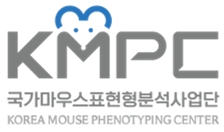
The session titled "Pioneering Mouse Model Studies for Metabolic and Endocrine Disorders" will focus on cutting-edge model studies aimed at investigating regulatory mechanisms of metabolism in key metabolic organs such as adipose tissue and liver. Professor Bark will present on PKA-dependent lipolysis, while Professor Kim will discuss mouse models of metabolic and endocrine disorders along with developmental defects. Additionally, Professor Waki will provide insights into epigenetic controls of adipose and liver metabolism in relation to metabolic disorders.

Stemness is essential for maintenance and decision of cell fate. Especially, understanding of stemness in stem cells is necessary for dissecting diverse biological events such as development and regeneration expanding to human diseases. In this session, we will discuss the molecular mechanism by which stemness is regulated for pluripotency and regeneration in various stem cell systems.
Interaction between T cells and B cells is fundamental for host defense against infection, but sometimes detrimental in antibody-mediated diseases in humans. T cell-dependent B cell responses capable of neutralizing viral variants is the goal of effective vaccine development. Generation of high affinity antibodies requires germinal center reactions orchestrated by follicular helper T (Tfh) cells. In this session, four leading immunologists in the field of Tfh cells and B cells, includin Profs. Hideki Ueno and Di Yu, will present and discuss the most recent advances in T and B cell collaboration during vaccination, infection and autoimmune diseases.

Bones are essential tissues that make up the basic skeletal framework of the human body. The field of bone research has expanded to include molecular and cellular interactions between osteoclasts, osteoblasts, lymphocytes, and hematopoietic stem cells. It is deeply intertwined with various other regulatory systems, such as metabolism and neural signaling. Currently, there is a rapid increase in bone-related disorders due to the aging population worldwide, along with conditions like aging, obesity, diabetes, and hypertension. Consequently, extensive research is being conducted to understand and develop treatments for these bone disorders. Exploring new mechanisms of bone regulation forms the foundation for developing and preventing various bone diseases, contributing to maintaining healthy bones and pursuing a fulfilling life. Through this symposium, we aim to comprehensively understand bone tissue regulation and propose novel therapeutic principles for bone diseases.

Secretory proteins are synthesized and stored in intracellular membranous compartments, until sorted for traffic control. Considering the power of regulatory tools of protein secretion, in this session, new discoveries in endocytic trafficking systems, engineering of membrane proteins for trafficking or membrane processing control, and its live tracking will be discussed.

Chemical biology is a fundamental discipline that uses diverse chemical tools to understand biological processes and contributes to the development of new drug modalities and the identification of drug targets. In this session, four outstanding experts will present their recent advances in how various novel chemical biology approaches can help to understand pathophysiology and contribute to new therapeutic strategies.
Epigenetics has emerged as a fundamental regulatory mechanism influencing gene expression, cellular differentiation, development, and disease susceptibility. The session will feature four distinguished speakers who will delve into recent breakthroughs in various aspects of epigenetics, shedding light on its fascinating complexities. This session offers a unique opportunity to explore the forefront of epigenetics research, unveiling the latest discoveries and their potential implications in the fields of neuroscience, epigenome engineering, and chromatin architecture/modifications.

Proteins play pivotal roles in almost every biological process, from catalyzing reactions to providing structural support and facilitating cell communications. Understanding the three-dimensional structures of proteins is essential for deciphering their functions and molecular mechanisms. Cryo-Electron Microscopy (Cryo-EM) has opened new avenues in understanding protein structures at unprecedented resolutions, complementing traditional methods. Artificial intelligence (AI) recently brought another revolution in structural biologies, such as protein structure prediction and de novo protein design with tailored functions. In this symposium, leading experts will share their groundbreaking discoveries and innovative methodologies and applications, providing attendees with a comprehensive overview of the latest advancements in the field and inspiring future breakthroughs in structural biology and de novo protein design.
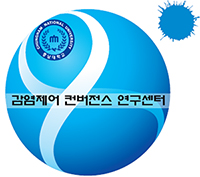 Co-organized by
Co-organized by 
The microbiome is a diverse community of microorganisms that resides within and on our bodies, including bacteria, viruses, fungi, and other microbes. This intricate ecosystem influences our health and well-being, particularly the gut microbiome, which plays a crucial role in digestion, immune function, and even mental health. Factors such as genetics, environment, diet, and lifestyle shape the composition of the microbiome. Ongoing research aims to harness the power of the microbiome for personalized medicine and therapeutic interventions, paving the way for a deeper understanding of its impact on human health.

Tumor progression cannot be led only by cancer cells. Microenvironmental cells including immune cells in the tumor ecosystem are critical for the progression of tumors. Increased survival of cancer patients by immune checkpoint inhibitors showed its critical roles in the tumor ecosystem. Notably recent progresses on single cell omics and spatial omics are elucidating details of the ecosystem. Leading scholars in this session will show recent progress on the tumor microenvironment.
This session will invite 5 speakers who are all experts in the drug target discovery based on basic science as well as innovative drug development covering small molecule, antibody, and cell therapy.
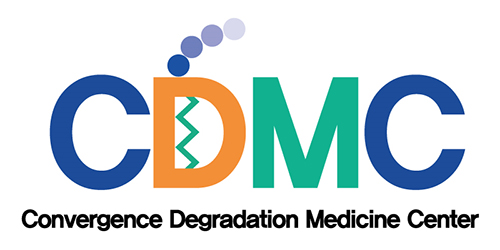
The two primary proteolytic mechanisms in eukaryotic cells, namely the ubiquitin-proteasome system and the autophagy-lysosome system, exert spatiotemporal control over the levels of regulatory proteins and damaged/misfolded proteins. Considering the multitude of substrates targeted by these systems, it is not surprising that aberrations in these processes are implicated in various human diseases, certain malignancies, and neurodegeneration. This symposium will focus on the structure, regulation, and function of ubiquitin- and autophagy-related biology, aiming to facilitate the exchange of ideas and information, discuss recent research findings and technical advancements, and foster collaborations among researchers not only in Korea but also researchers around the world.
In vivo, senescent cells, which exhibit irreversible cell cycle arrest, have been linked to a variety of aging-related diseases and chronic disease phenotypes. However, how senescent cells contribute to these aging-related phenotypes remains poorly understood. In aged tissues, cellular senescence in stem cells may impede tissue regeneration and result in tissue dysfunctions. In addition, senescent cells frequently accompany SASP (senescence-associated secretory phenotype) and contribute to chronic inflammation, a typical aging-associated phenotype. However, the roles and mechanisms of senescent cells in vivo, how senescent cells interact with adjacent cells to induce aging-associated diseases such as cancer, biomarkers for aging, and strategies for manipulating aging to promote healthy longevity are still unknown. Recently developed bioinformatic methods and technologies, such as single-cell transcriptomics and spatial transcriptomics, allow us to examine the roles of senescent cells in vivo with unprecedented precision. In addition, several methods or pharmaceuticals have been identified for controlling senescent cells, such as "senolysis" methods, which selectively eliminate senescent cells in vivo. These concerns will be addressed by renowned lecturers during this session.
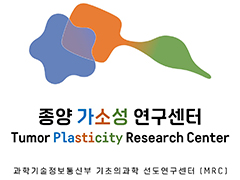
G protein coupled receptor (GPCR) is a key receptor for signal transduction. In addition to the keynote lecture by Professor Lfrkowirz, who received the Nobel Prize for discovering these GPCRs, the GPCR Symposium will be an opportunity to learn about the latest research on new physiological functions of GPCRs through GPCR structure research and ligand discovery, as well as information on the development of treatments that target or utilize GPCRs.

Cells communicate with the external environment in varoius ways and regulate the physiological processes of cell function in normal and pathological conditions. In this session, five distinguished speakers will discuss the mechanisms of regulation of the physiological and pathologic actions of cells by the extracellular environment, and the latest trends in research methods
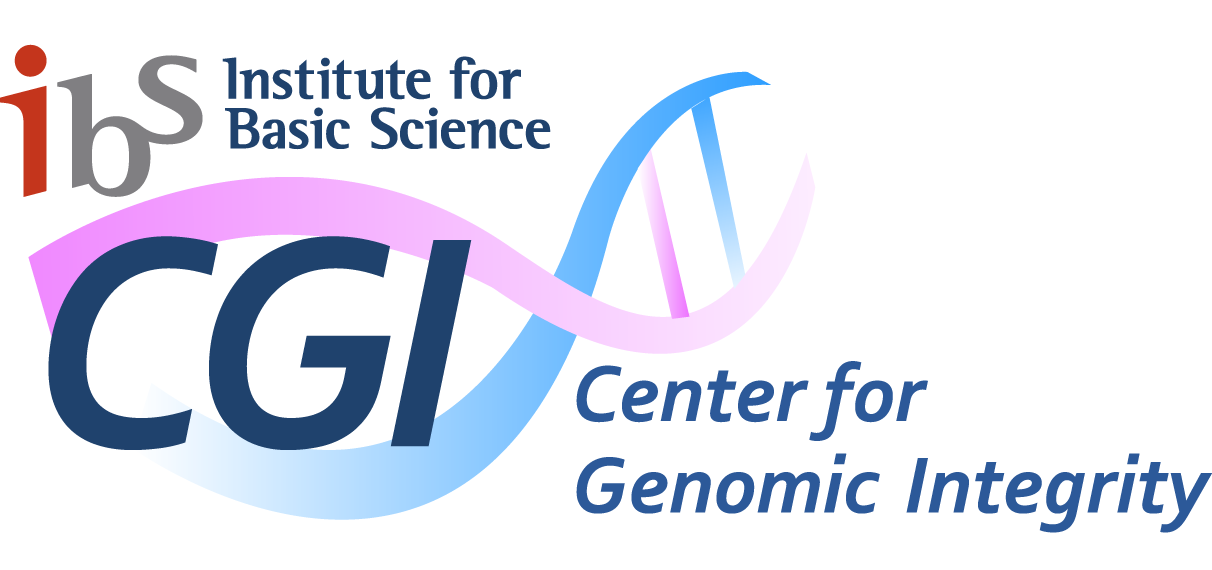
Since the first report of the CRISPR (Clustered regularly interspaced short palindromic repeats)/Cas9 (CRISPR-associated) system as a bacterial innate immune system in 2012, the possibility of creating DNA double-strand breaks at specific locations on the genome has emerged. The utilization of CRISPR-Cas9 in the field of biology and medicine has been maximized within just 10 years. In addition to tools that induce DNA double-strand breaks, the applications of CRISPR-Cas9 have expanded to include single-strand breaks, DNA tracking, and genome editing for gene therapy. Particularly, the recent development of base editing and prime editing, which selectively change mutated bases, is gradually increasing the potential of gene therapy using CRISPR-Cas9. Furthermore, new approaches such as directly eliminating cancer cells using CRISPR-Cas9 have also been developed. These groundbreaking studies on CRISPR-Cas9 were further validated by the Nobel Prize awarded to Jennifer Doudna and Emmanuelle Charpentier in 2020, who first discovered it in bacteria. In this session, we will explore how the foundational scientific achievements of CRISPR-Cas9 over the past decade can be developed into practical tools closely related to disease treatment by the recent accomplishments in this field through presentations by several experts. We anticipate that this session will be of significant interest to audiences interested in molecular biology, gene therapy, and related fields.
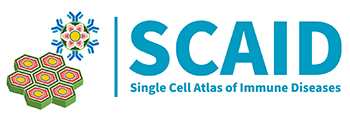


In this session, our goal is to present several research examples that leverage genomic information from patient samples. Through this approach, we aim to gain insights into disease mechanisms and develop personalized diagnostic and treatment approaches for patients affected by a range of conditions, including cancer, rare diseases, and complex genetic disorders.